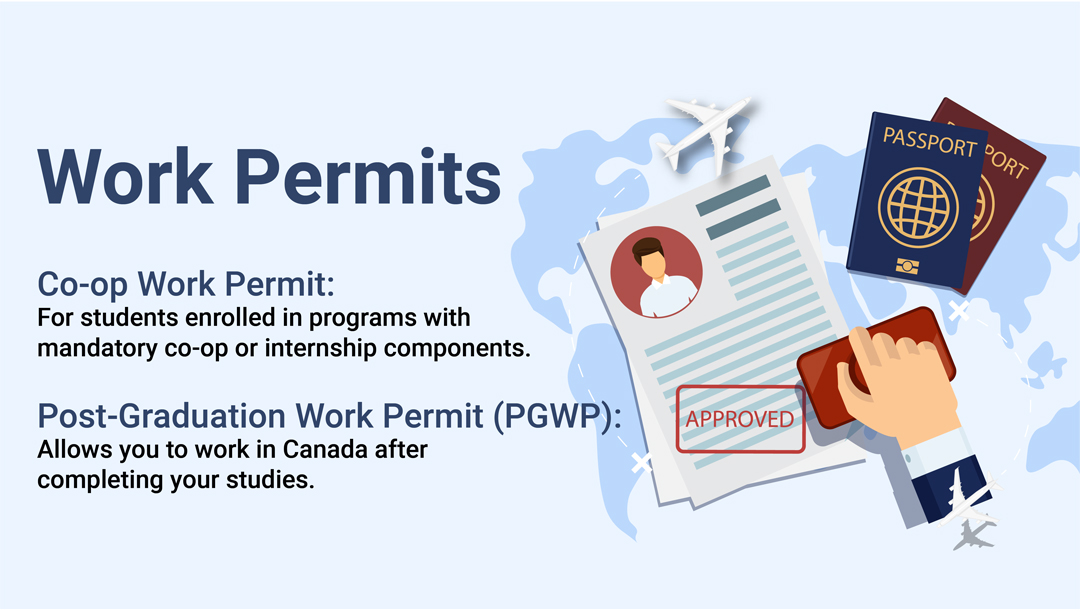
How to Navigate the Canadian Job Market as an International Student
Are you an international student looking to break into the Canadian job market? You’re not alone. Many students, just like you, face the dual challenge of adjusting to a new culture while also trying to kickstart their careers. Fear not—this guide will help you maneuver through these challenges successfully.
Understanding the Canadian Job Market
Industries with High Demand

Canada’s job market is diverse, with numerous opportunities across various sectors. Some of the industries with high demand include:
- Technology: Software development, data science, and cybersecurity roles are in high demand.
- Healthcare: Nurses, doctors, and healthcare administrators are always needed.
- Engineering: Mechanical, civil, and electrical engineers have excellent job prospects.
- Finance: Roles in accounting, financial analysis, and investment banking remain strong.
Cultural Nuances
Understanding Canadian workplace culture is crucial for your success. Canadian workplaces value:
- Teamwork: Collaboration and team spirit are highly appreciated.
- Punctuality: Being on time is considered a sign of respect and professionalism.
- Communication: Clear and respectful communication is vital. Don’t hesitate to ask questions if you’re unsure.
Networking
Networking is key to unlocking job opportunities. Attend industry events, job fairs, and use LinkedIn to connect with professionals in your field.
Legal and Practical Considerations
Work Permits

Before you can start working, you’ll need the appropriate work permit. There are two main types:
- Co-op Work Permit: For students enrolled in programs that include a mandatory co-op or internship.
- Post-Graduation Work Permit (PGWP): Allows you to work in Canada after completing your studies.
Part-Time vs. Full-Time Work
- Part-Time Work: International students can work up to 20 hours per week during the academic year and full-time during scheduled breaks.
- Full-Time Work: After graduation, you can work full-time with a PGWP.
Understanding Canadian Labor Laws
Familiarize yourself with Canadian labor laws, including minimum wage, employment standards, and workers’ rights. This knowledge will help you avoid exploitation and ensure you receive fair treatment.
Navigating the Job Search
Crafting a Canadian-Style Resume
A Canadian-style resume is concise, usually one to two pages, focusing on your skills and accomplishments. Key tips include:
- Contact Information
- Professional Summary
- Work Experience
- Education
- Skills
Preparing for Interviews
Canadian job interviews often focus on behavioral questions. Prepare by:
- Researching the Company
- Practicing Common Questions
- Dress Code
Leveraging Resources
Utilize available resources like:
- University Career Centers
- Online Job Portals
- Professional Associations
Building a Professional Network
- In-Person Networking
- Online Networking
- Mentorship Programs
Navigating the Canadian job market as an international student can be challenging, but with the right strategies, it’s entirely possible

Feeling inspired and ready to take the next step? Book a call with one of our career advisors today, and let’s get you started on your successful career path in Canada!
Book a Call – (778) 989-3500






